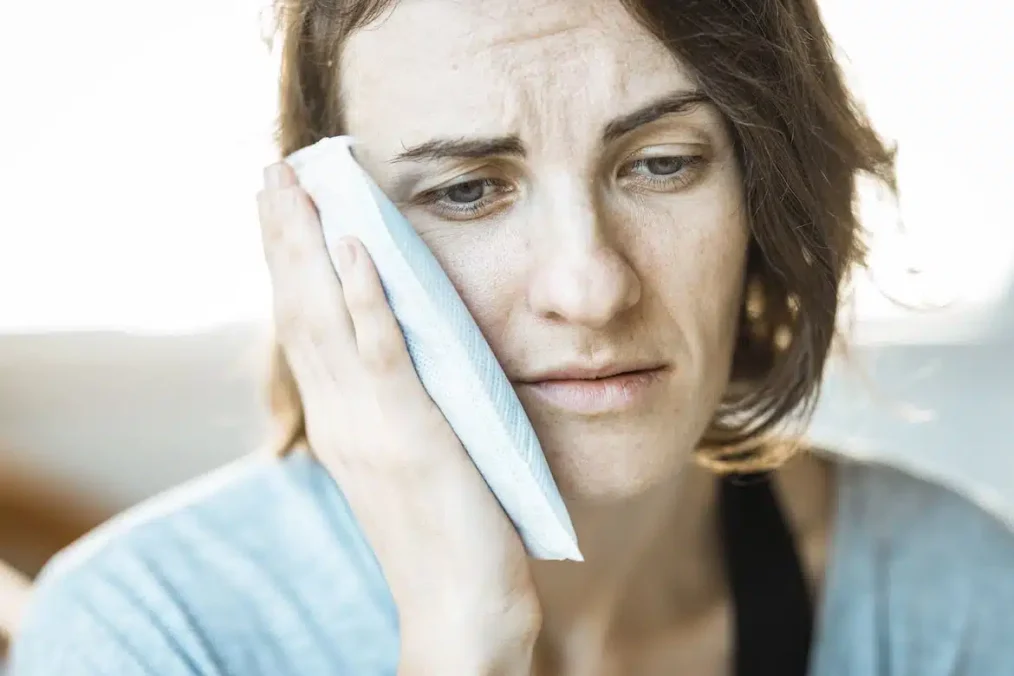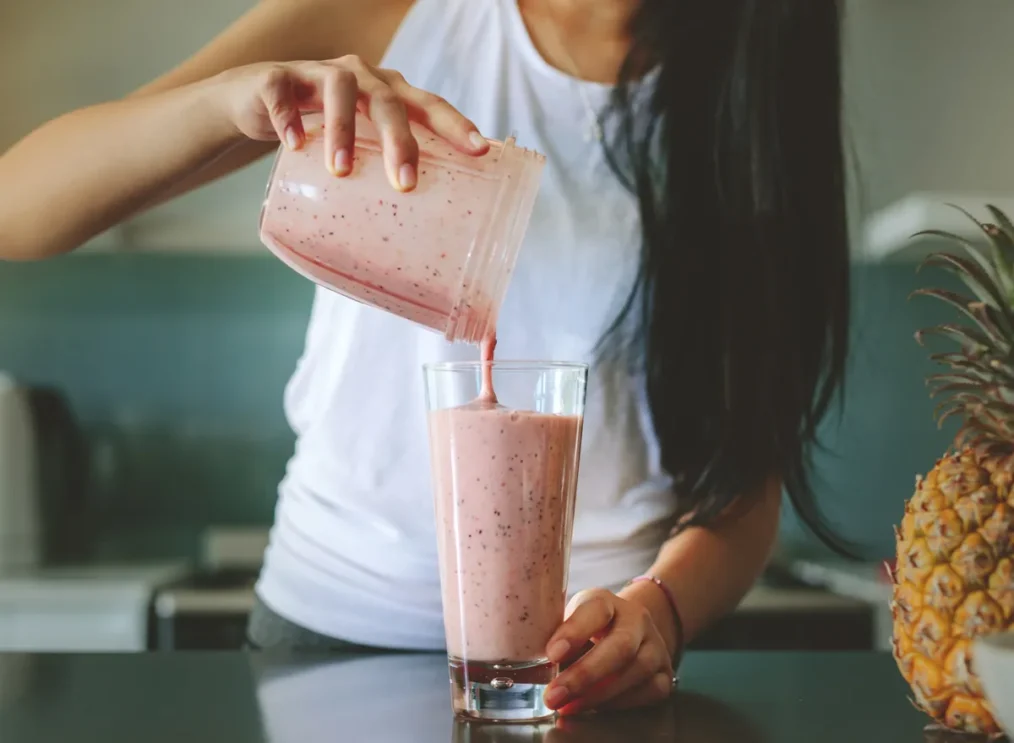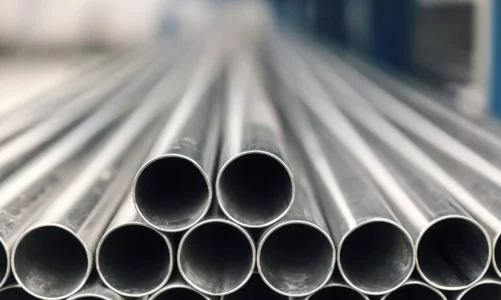Wisdom tooth removal is a quite common procedure among late adolescent teens. These are known as third molars and are the last teeth to emerge.
They often emerge in early adulthood and might cause discomfort, misalignment, and even infections. Thus, wisdom teeth extraction becomes a necessity,
Once you have the teeth removed, it is necessary to follow dietary restrictions and guidelines to ensure your teeth are properly healed. Consuming heavy food items might cause complications and prevent healing. Thus, it is advised to properly give rest to your mouth to prevent discomfort and promote healing.
This article can provide you with comprehensive information on how to manage your diet after having your wisdom teeth removed.
Routine Suggested For The Initial Post-Op Period

The initial post-op period after wisdom teeth removal is often characterized by swelling, tenderness, and discontinuous bleeding from the removal site. It is critical to follow the instructions and guidelines suggested by your dentist.
During the initial hours after wisdom tooth removal, extreme care and caution need to be exerted to manage your diet. Wrong food items can cause complications and can lead to infections. Thus, managing your diet and taking care of your mouth is important in the first 24-48 hour window.
Some of the foods and care routines that will help you heal faster are discussed below.
- Soft Foods: Opting to eat soft, easy-to-chew food items can be helpful to reduce the stress exerted on your mouth. It will reduce the effort of chewing and make it easier to consume. Eating cold foods, such as frozen yogurt, ice cream, etc., can promote the healing process and help you feel better in terms of relieving pain.
- Ice Cold Packs: Using ice-cold packs and applying them on your cheeks can help reduce the pain, discomfort, and swelling. Thus, for the initial period, regularly using ice-cold packs can help you improve the healing process. In Case of any bleeding, it is advisable to consume ice cream to control it.
In Case there is heavy bleeding, don’t hesitate to contact your dentist.
- Avoid Straws And Smoking: Avoid sucking in the initial period, so it is important to avoid straw. If you are a smoker, it is advisable to refrain from smoking until the wound is completely healed. Smoke and heat can delay the healing process and can increase the pain and discomfort. It is also critical to refrain from spitting forcefully.
As these activities create a negative pressure gradient, these can dislodge the blood clots and lead to a potentially painful condition known as a dry socket. It only occurs if the clots are dislodged before completely healing.
In addition to the items mentioned above, cold brews, cold broths, soups, applesauce, etc can also be consumed. In general, it is important to stay away from hard, chewy food and hot food items.
Food Items Suitable After 48-hour period

Once the healing process starts, you are free to introduce a wide variety of food items into your diet as the healing continues.
Although the critical period is past, it might still be too early for a hot steak. Trying to eat subtle food for the next few days will help you properly regain all the functions and help the healing process. Thus, it is still advised to stick to easy-to-chew food items such as;
- Smoothies And Shakes: Blending the fruits, nuts, and other protein-rich hard food items and filtering them out before use can help you gain enough protein and vitamins while still avoiding chewing.
- Blended Soups: You are free to consume soups if it is in blended form with minimal hard stuff.
- Porridges And Kichidi: Kichidi and porridges contain minimal hard food and are a rich source of energy and vitamins.
- Cottage Cheese: Protein-rich food that gives minimal effort to your jaws.
- Ice Cream: Smooth, soft, and cold, it can help you fulfill your cravings without straining your mouth.
- Pudding And Jello: These are simple, comforting options that go easy on the mouth but are rich in carbohydrates at the same time.
Food Items to avoid for the next few days:
- Hot and spicy food: Consuming hot and spicy food without being properly healed can irritate and cause bleeding. As you know, hot food does not go well with the bleeding of the gum.
- Alcohol content: It can cause drying out and dehydration. Possibly causing severe discomfort.
- Hard Crunchy Food: If hard crunchy food items are consumed without proper breakdown, they can get stuck in your windpipe. Thus, it is easy to avoid them during the recovery period. In addition, if the crunchy bits get stuck within the teeth, it might be difficult to remove without straining the wound.
In addition to regularly consuming the right food, it is important to stay hydrated. Dehydration due to any reason can cause discomfort and slow down the healing. Thus, it is advisable to regularly sip on water.
Importance Of Proper Care

If proper care is not provided, it can lead to severe complications, including:
- Dry Socket: It happens in the absence of blood clotting. It can occur due to dislodging of clots or smoking or due to negative pressure created as a result of sucking.
- Infection: Sometimes, due to a variety of reasons, infection can develop. It results in white or yellow discharge, high temperature, bad breath, or increased swelling and pain. In order to avoid infection, rinsing the mouth with antiseptic is advised.
- Delayed Healing: Sometimes, the new bone may take longer to grow back into the socket, and it does not require a trip to the dentist.
- Permanent Numbing Of The Jaw: The wisdom teeth are located at a critical point near many nerves; thus, putting strain on this area without properly healing can cause damage to the nerve endings.
Conclusion
If you have any other chronic health conditions, healing can take much longer, and you might have to follow a much stricter diet. Thus, it is advisable to follow the instructions given by your dentist.
Even after following the instructions, if you have any concerns regarding the status of your jaws or mouth, it is better to consult with a dentist and follow his directions for a faster healing process.




